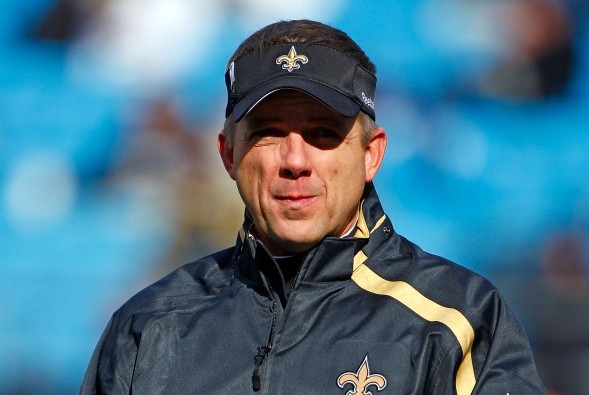
Former Seahawks team president Tim Ruskells idea of a small school was San Diego State. Ruskell preferred draft prospects with comprehensive starting histories at major colleges, ostensibly thinking that such players would top out at the next level from a potential standpoint.
A good idea in theory, but the problem in real life was the fact that, quite often, those experienced college players had expended their best, and were going to show little more than average tools at best (think David Greene, Lawrence Jackson, and Josh Wilson to start). This is one of many reasons that Ruskells current position is a bit less glamorous; as the Chicago Bears director of player personnel, hell most likely be guiding Chicago on that same exclusionary path.
Other teams tend to think differently, realizing that in a parity-driven league in which successs can come and go very quickly, closing the door on smaller-school players because you find it more difficult to project their skills to the NFL level is a good step on the path to career suicide.
As Steve Sarkisian recently said of Jake Locker, NFL teams don’t want to get players who maxed out in college.
For New Orleans Saints head coach Sean Payton and general manager Mickey Loomis, the small-school route has been a tremendously productive one. From the time they started working together before the 2006 season, the two men understood the need to dig deeper and find players who could make a difference despite their under-the-radar status.
Running back Chris Ivory came from tiny Tiffin after being shown the door from Washington State. Receiver Marques Colston, who has become one of the games elite as his position, came from Hofstra and was once thought to be a tight end prospect because his speed didnt match up. Fellow receiver Lance Moore was an undrafted afterthought from Toledo who caught 10 touchdown passes for the Saints in 2010. Right guard Jahri Evans has become one of the best interior linemen in the NFL he was selected in the fourth round out of Bloomsburg in 2006. Left tackle Jermon Bushrod came from Towson University, and rookie defensive end Junior Galette came from Stillman.
For players like Moore, the jump from the smaller school to NFL success can be the most meaningful overcoming life as a longshot is no easy thing. Well, it definitely means a lot to us, but at the same time we felt like we belonged from the beginning, Moore said of himself and his teammates who came up the hard way. So you can kind of say you play with a chip on your shoulder, or you play with kind of a mean attitude, but I felt like I belonged from the beginning. I just kind of had to pave my way and prove it to people that I belonged here and I think Ive done a pretty good job of that, as well as some other guys have, and now were amongst the team.
And this week, when Ivory and fellow running back Pierre Thomas were placed on the injured reserve list, the Saints were ready to make a move, having done their small-school due diligence once again. They plucked Wayne State running back Joique Bell from the Philadelphia Eagles; practice squad, continuing the trend. Bell was a high school stud who attended the tiny college near Detroit because Michigan State and other schools wanted to turn him into a defensive back. He retained his position, impressed everyone at the 2010 Senior Bowl, and now hes got a shot to succeed in the NFL playoffs.
Weve been fortunate at a few positions, Payton said on Wednesday of the method that has produced so many surprise starters. You remember that made it, what you dont reference are the ones that havent. But I think this — number one, good players come from everywhere. In other words, theres no region that doesnt produce good football. Maybe there are some regions that produce more players, but we try to and our scouting department does a very good job of getting the reports done properly on these players.
Weve been able to hit on some players in the later rounds and particularly free agency with Pierre Thomas, Chris Ivory those are some runners that came here as free agents after the draft. With only seven rounds, that work thats done immediately following the draft is critical. So I think it starts with a vision of what you see the player being able to do. In Joiques case, I think hes a physical back. He gives you those hard-earned yards, even in his preseason in our league now, hes someone whos done some real positive things.
At the 2010 scouting combine, I talked with Bell about the transition from a small school to the big time. He seemed nonplussed by the challenge back then. “I always thought about being in the NFL, he said. My freshman year at college, I was working as security at the Detroit Lions football camp. One day, I grabbed a scout from the Lions and asked him, “Do you think a guy could get drafted from Wayne State?” And he told me, ‘If you have talent, they will find you.'”
So they did. And the Saints will continue to find those diamonds in the rough, keeping them one step ahead of many other teams whose personnel approaches have leaned more toward the stodgy side. In the NFL, opportunism frequently leads to victory.
